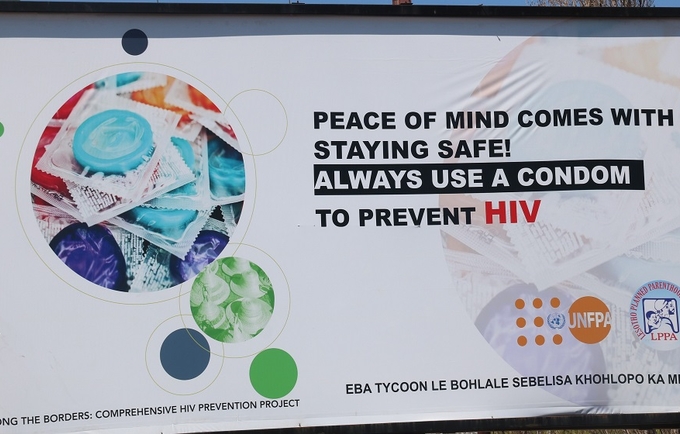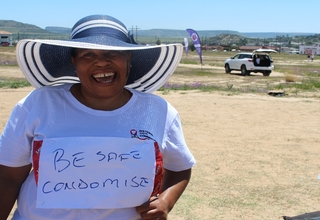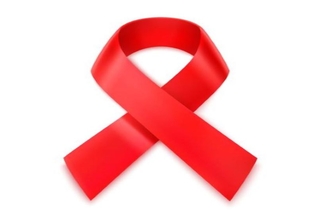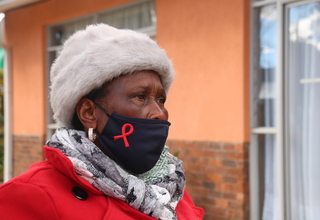In an effort to strengthen provision of services and implementation of Along the Borders Comprehensive HIV prevention project, which is financially and technically supported by UNFPA, the United Nations Population Fund, Peer Educators from Lesotho Planned Parenthood Association (LPPA), which implements the project converged in Leribe earlier this year to review program performance and develop an implementation plan for 2023.
The Peer Educators were empowered with strategies on how to reach their targets and were also equipped with participatory learning processes, including methods, techniques, activities and exercises that they can deploy as trainers to, among others, attract key populations to uptake Sexual and Reproductive Health and Rights (SRHR) services.
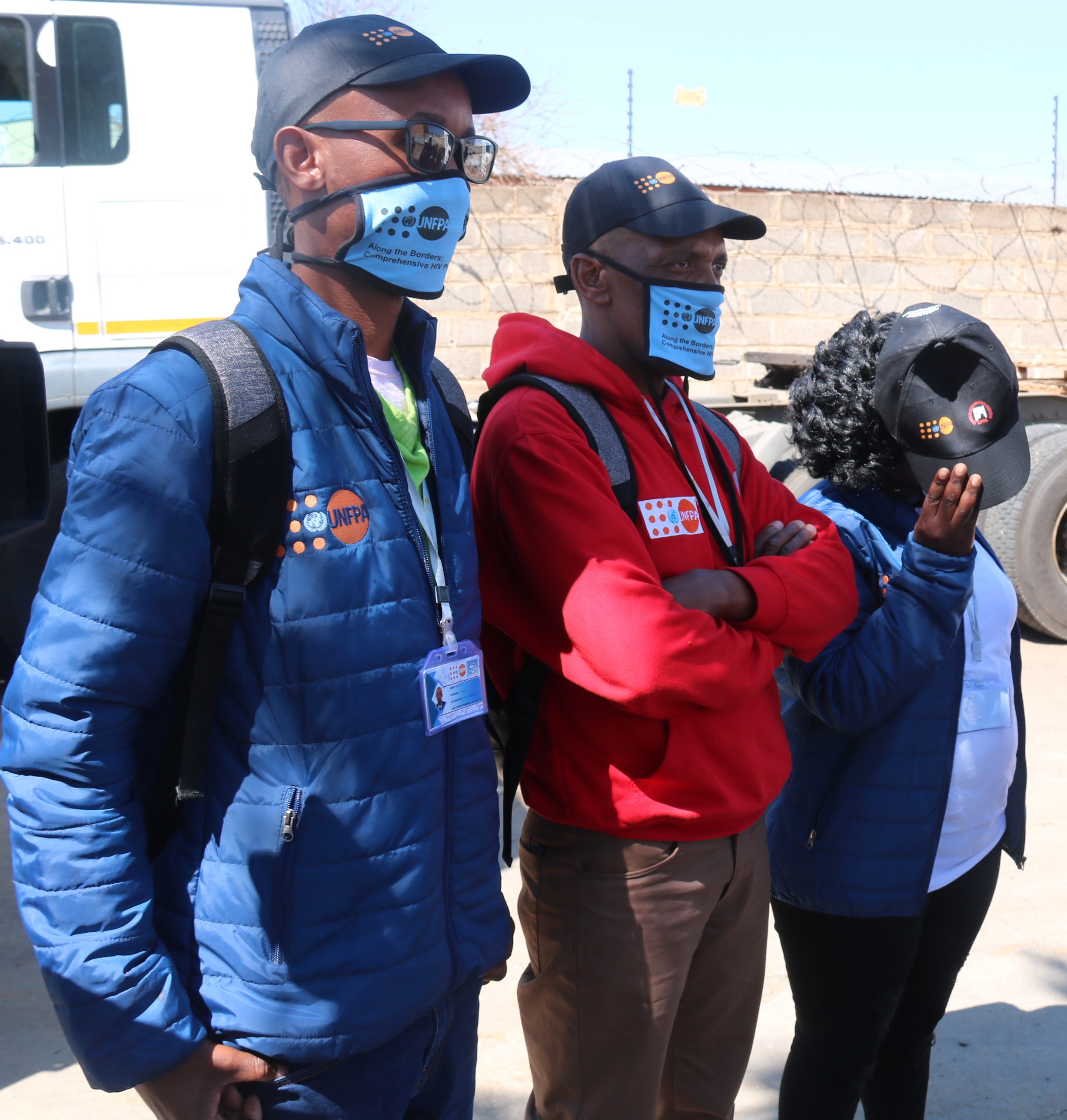 LPPA is providing key populations integrated sexual reproductive health rights information and services in three borders, Maseru, Maputsoe and Vanroyen. The purpose of this program is to ensure that all target key populations Sex workers, Long Distance Truck Drivers (LDTD) and Lesbians, Gays, Bisexuals, Transgender, Intersex and Queer (LGBTIQ) Community) access and utilize the Key population friendly services to meet their sexual and reproductive health needs along the borders of Maseru, Mafeteng and Maputsoe. which deemed high volume and porous, and also have high migrant populations rendering them catalytic to transmission of new HIV infections.
LPPA is providing key populations integrated sexual reproductive health rights information and services in three borders, Maseru, Maputsoe and Vanroyen. The purpose of this program is to ensure that all target key populations Sex workers, Long Distance Truck Drivers (LDTD) and Lesbians, Gays, Bisexuals, Transgender, Intersex and Queer (LGBTIQ) Community) access and utilize the Key population friendly services to meet their sexual and reproductive health needs along the borders of Maseru, Mafeteng and Maputsoe. which deemed high volume and porous, and also have high migrant populations rendering them catalytic to transmission of new HIV infections.
LPPA also engages its trained Mobilizers to educate and mobilize clients for its structured events for uptake of services and information. The Mobilizers are responsible for providing continuous SRHR education and referrals within the project implementation areas (along the borders) on a daily basis to ensure improved HIV prevention and integrated services knowledge and the uptake of SRH services. They work in collaboration with the health clinics based in Maputsoe, Maseru and Mafeteng borders.
The training focused mainly on peer education, demand creation good data collection and importance of data quality at every stage of project life cycle and develop their 2023 Work Plans. In addition, the training highlighted and equipped the peer educators to be able to effectively communicate what they have learned to the targeted Key Populations, engage their key pops in conversations about the issues surrounding SRHR, Seek to promote health-enhancing knowledge and skills, Promote health-enhancing behaviour change and Integrate Innovation and digitalization in the project
Along the Borders Comprehensive HIV Prevention Project is meant to intensify prevention of HIV and Sexually Transmitted Infections (STIs) amongst risk populations such as key populations - groups who, due to specific higher-risk behaviours, are at increased risk of HIV, migrants and youth, and improved access to Sexual and Reproductive Health and rights information and services along the three borders.
